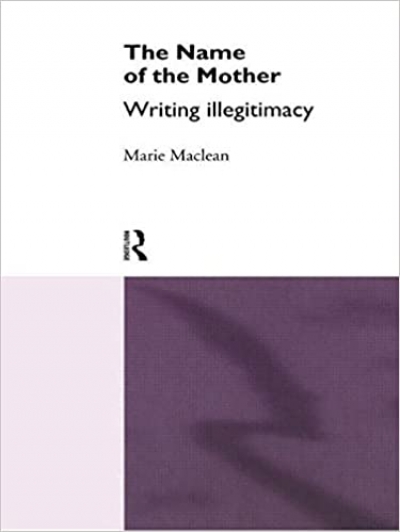Gwyneth Dow has edited a collection of essays that forms a relevant and coherent whole. The authors seek to salvage what they see as ‘the good things’ in education reform of the late sixties and early seventies, reform that had weaknesses which were the result of ‘faulty thinking, poor social analysis, romantic psychological theories, slip-shod pedagogy’. The contributors to this book are Rory Barnes, Gwyneth Dow, Rod Foster, Noel P. Gough, Bill Hannan, and Doug White. Gwyneth Dow points out they do not all share the same ideological positions, but they are clearly in fundamental agreement about curriculum reform, a more democratic approach to teaching and to the running of schools, and a more socially aware view of teaching and teacher education.
...
(read more)






